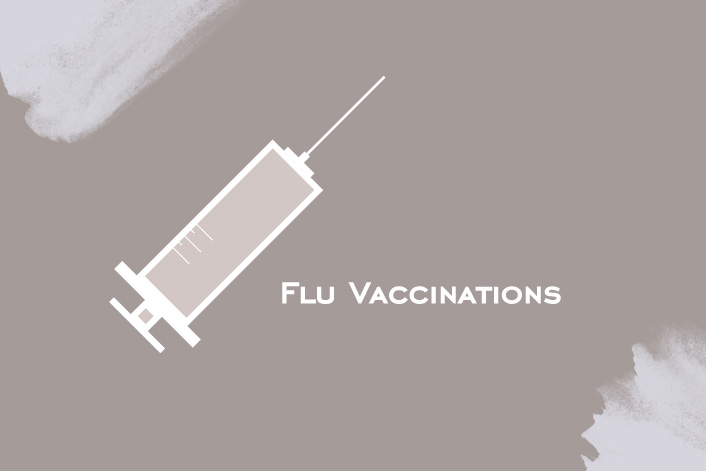A frequent query I encounter from patients who are often well into their Anti-Depressant therapy is “can you tell me if these pills are addictive?”
This question requires a careful and considered response. I want to give reassurance but the answer also needs to be honest and helpful. Why do I need to worry about giving reassurance? There’s either a yes or no answer, right? No… with this question so much is at stake and I need to make sure the answer doesn’t put the patient in jeopardy.
People ceasing their anti-depressant medication often experience adjustments and can worry that these adjustments are a sign of addiction. This is completely understandable, but it all becomes a little clearer when you understand the difference between adjustment and addiction.
The Adjustment Phase
People coming off their anti-depressants can face a tough time coping day to day during the adjustment phase and at the extreme end of this, they can become at risk of suicide. Patients being treated for depression need a careful response to any question regarding their therapy as the stakes are high.
So again… are anti-depressant pills addictive? No, your anti-depressants are not addictive.
Anti-depressant Discontinuation Syndrome
You are however, likely to experience anti-depressant discontinuation syndrome when you stop taking them.This may include symptoms such as insomnia, nausea, disturbed sense of touch and feelings of “electrical shocks” to the head. It’s interesting to note that the level of this experienced is directly related to the level of depression that is in the patient at the time they attempt cessation.
Adjustment or Addiction?
There are 4 major signs that indicate addiction:
1 | Loss of Control
First, you lose control and the desire to take the drug becomes compulsive. In some sense you could say the drug takes control of you.
2 | Tolerance
Next is the onset of tolerance. The dosage must be increased all the time to get the desired effect and you keep taking more and more of the drug.
3 | Private or Hidden Use
Directly related to your onset of tolerance is the third symptom; a strong urge to privately obtain more of the drug so it can be taken without your physician’s knowledge.
4 | Loss of Function
Lastly, there is a detrimental effect where you are no longer able to function socially of physically.
And… none of these things happen with anti-depressants.

The Importance of a Plan
Stopping your anti-depressant treatment must be carefully considered and undertaken with close medical supervision. Working through the process with your physician may not seem so important but the experience can be vastly different when you enlist their help and work out an appropriate discontinuation plan.
Timing is Everything
So…if you are having a tough time coming off anti-depressants under appropriate care and with a discontinuation plan – you are not addicted to them but instead may just not be ready to stop them completely. More and more studies are showing this. Your physician can work with you to fine tune your discontinuation plan to minimise the impact on your body of discontinuing. The body is wonderful at letting us know when the time is right!



